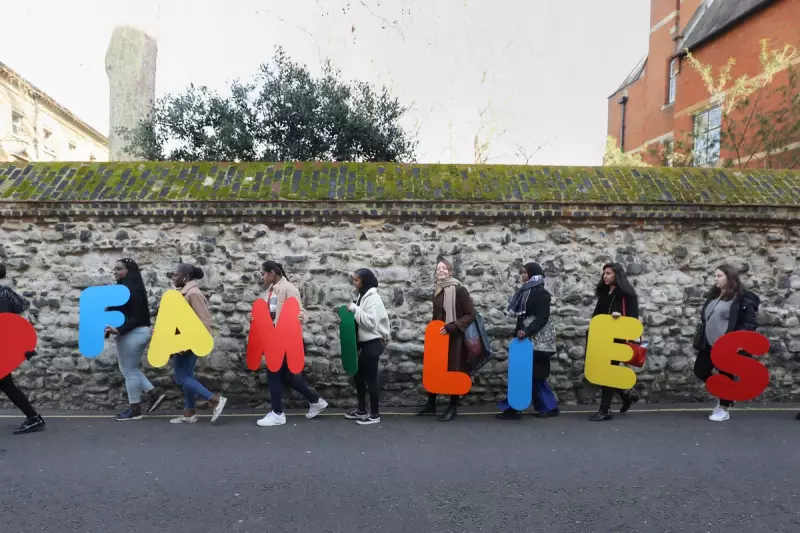
Britain's family reunion system for refugees is facing mounting criticism as new data reveals hundreds of families remain separated due to restrictive visa rules and processing delays.
The Human Cost of Bureaucracy
Behind the statistics are heartbreaking stories of families torn apart by conflict and persecution, now facing additional separation due to Britain's complex immigration framework. Many refugees granted protection in the UK find themselves in a painful limbo - safe from the dangers they fled, but unable to reunite with loved ones left behind.
Mounting Backlogs and Legal Barriers
Recent figures indicate significant processing delays within the family reunion application system. The combination of administrative backlogs and stringent eligibility requirements has created what refugee advocates describe as an "invisible wall" keeping families apart.
The British Red Cross has been particularly vocal about the issue, highlighting cases where children are separated from parents and spouses from partners for years despite meeting all legal requirements for reunion.
Call for Policy Reform
Refugee support organisations are urging the government to reconsider current policies, arguing that family unity is not just a humanitarian imperative but also crucial for successful integration. They point to evidence showing that refugees who reunite with family members settle more successfully and contribute more positively to their new communities.
"When families are kept apart, it undermines the very integration goals the government claims to prioritise," stated one advocacy group representative. "The current system creates unnecessary suffering and costs the taxpayer more in the long run through extended support services."
The Path Forward
As pressure mounts on Westminster to address the crisis, campaigners are calling for a more compassionate and efficient approach to family reunion applications. They argue that simplifying the process and reducing processing times would not only reunite families faster but also reduce the burden on the asylum system.
The debate comes at a critical time, with global displacement at record levels and Britain's approach to refugee protection under increasing scrutiny from international human rights bodies.





